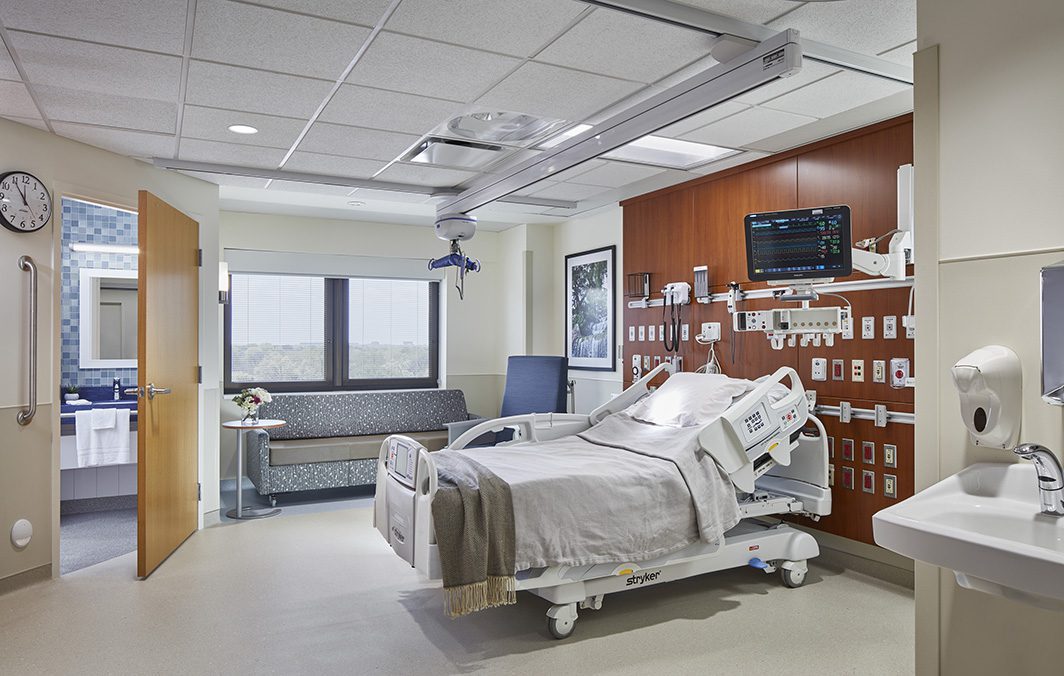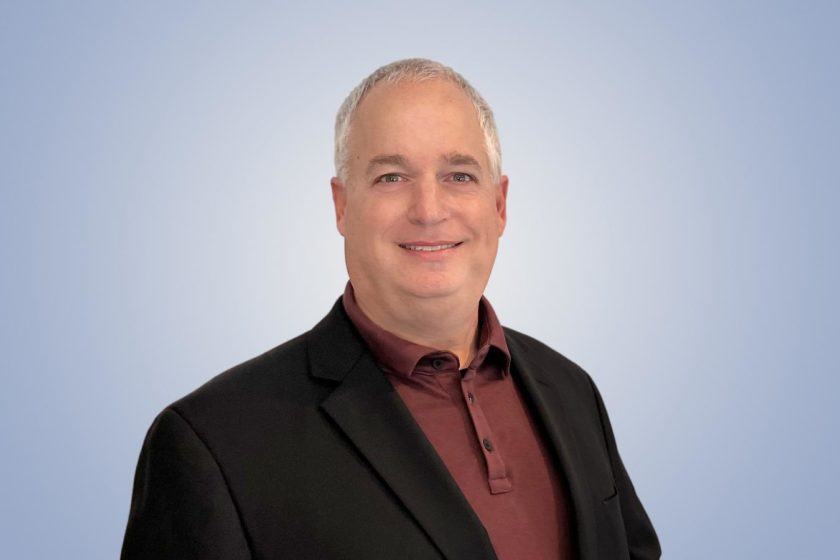News & Insights
Cutting costs, boosting care: how commissioning protects hospitals
Commissioning can result in benefits such as improved indoor air quality, energy efficiency, and overall building performance. This article explores the return on investment for hospitals and other healthcare facilities.

Hospitals, surgery centers, and residential healthcare facilities invest in commissioning to verify that building systems and equipment perform their intended function.
The benefits of commissioning (Cx) include improved indoor air quality, energy efficiency, and overall building performance. Cx can also verify the safety and functionality of critical systems such as emergency power and life safety systems while preventing costly repairs and downtime in the future.
This article explores the power of Cx to provide peace of mind for facility managers to create a safe, resilient, and comfortable environment.
What are the benefits of commissioning?
There are hard and soft metrics when measuring the benefits of Cx. The hard metrics are measurable and quantifiable. They include lower construction costs, lower life cycle costs, reduced contractor call back, reduced change orders, lower energy use and costs, and increased indoor air quality.
The soft metrics are qualitative and include increased occupant comfort, fewer sick days, and increased productivity by staff.
Both translate to the bottom line.
Many clients tend to focus solely on the initial cost of Cx without fully considering the long-term benefits that the commissioning process can provide. When evaluating the value that Cx will provide to a facility, clients need to compare the benefit to the costs. The return on investment for commissioning is proven and substantial.
Why do hospitals—in particular—need commissioning?
While facility and operational costs continue to rise, the healthcare industry is seeing profits squeezed. The model is changing, leaving many businesses in the healthcare industry feeling the pressure.
The role of Salas O’Brien’s Cx team is to maximize the value we bring to a project. Every dollar saved through the commissioning process is a dollar that can be used to invest in revenue-generating activities and patient care.
What is included in commissioning?
Cx is a quality assurance process. It begins in the pre-design phase and continues through the first year of occupancy, and sometimes beyond.
The type of project drives the many tasks required. Here is a breakout of the main ones required by hospitals:
- Design Phase: Cx review of the design documents including the owner’s project requirements; basis of design (BOD); construction drawings and specifications.
- Construction Phase: Development of pre-functional checklists and functional test procedures; Cx site observations and meetings; witnessing of equipment startup, verification of the Testing and Balancing, isolation room pressurizations, temperature and humidity level. Functional Testing of the various systems (HVAC, lighting controls, emergency power, nurse call, infectious containment, building envelope, photovoltaic and solar hot water systems, etc.); and the end of phase Cx report.
- Occupancy: 10-month warranty site visit and meeting; monthly check-ins to review operations; seasonal testing; and monitoring-based Cx services.
What does the ROI for commissioning look like?
The ROI depends largely on the type and size of the project. Buildings with higher energy use have a higher potential for saving compared to a lower energy use building. According to a study by the Lawrence Berkely National Lab, the median simple payback for commissioned new buildings is 4.2 years. For existing buildings, the median simple payback is 1.7 years. However, the number one reason clients gave for implementing the commissioning process was to ensure system performance.
For example, one hospital addition renovation project included a new 4-story hospital tower and a new central plant, which served the new addition as well as the existing hospital. Since the central plant played a critical role in the keeping the hospital online, we recommended an Integrated Systems Test that involved simulating a loss of utility power to verify the hospital’s emergency power backup systems were operating correctly.
Initially the client’s leadership was against the test due to the large coordination involved and related costs that would be involved in preparing for a test of this magnitude. However, the client realized that an unplanned complete loss of power was inevitable and decided it would be better to know that the backup systems would operate correctly, and patient care would be unaffected during such an event.
When the tests were implemented, this client did experience faults that would have had a detrimental effect on patient care. The team was able to proactively resolve the issues and the tests were conducted again with positive results. Within a year of the test, the hospital did experience an unplanned event. The backup systems operated correctly, and patient care was not affected.
Why choose Salas O’Brien for commissioning healthcare facilities?
At Salas O’Brien, our passion for healthcare facilities is personal. Our families are your patients, and we understand the impact that building systems can have on them and their healthcare workers. This is why we provide reliable, flexible, and sustainable solutions that fit our clients’ operational needs, budgets, and long-term goals. Our aim is to keep healthcare facilities running smoothly and efficiently so that our clients can focus on what’s most important—caring for patients.
We have extensive experience commissioning a variety of healthcare facilities including Level 1 trauma centers, regional specialty hospitals, critical-access rural hospitals, medical office buildings, teaching hospitals, outpatient facilities, and life science, ambulatory surgical, and imaging centers.
Our team is also well-versed in highly technical critical environments like hybrid operating rooms, robotics-assisted surgery suites, cardiovascular and neurological surgical suites, cardiac catheterization and electrophysiology labs, radiology procedure rooms, laboratories, and pharmacies.
Want to know more? Contact us.

Steve Carroll, MBA, CxA, LEED AP
Steve Carroll is a Principal and the Director of Commissioning at Salas O’Brien. As a Commissioning Authority, Steve identifies potential issues before they become problems and increases value for his clients. He also specializes in cybersecurity for building systems, providing systems monitoring to keep alternate attack vectors secure. As a leader, Steve is focused on mentoring, coaching, and developing his team to achieve continuous improvement. He holds a Master of Business Administration and a Bachelor of Science in Engineering. Contact him at [email protected].